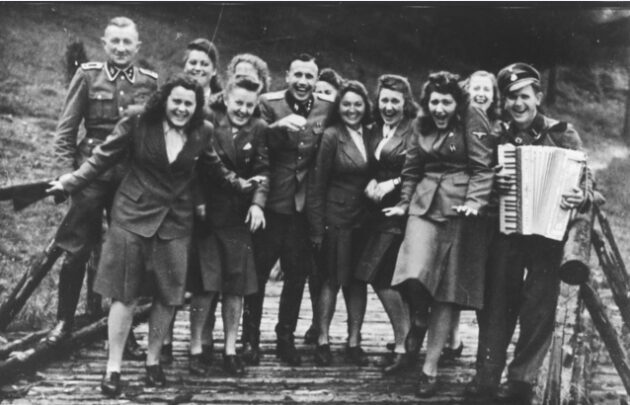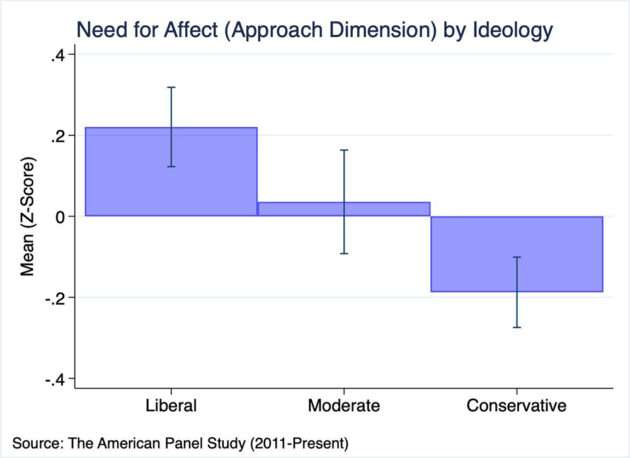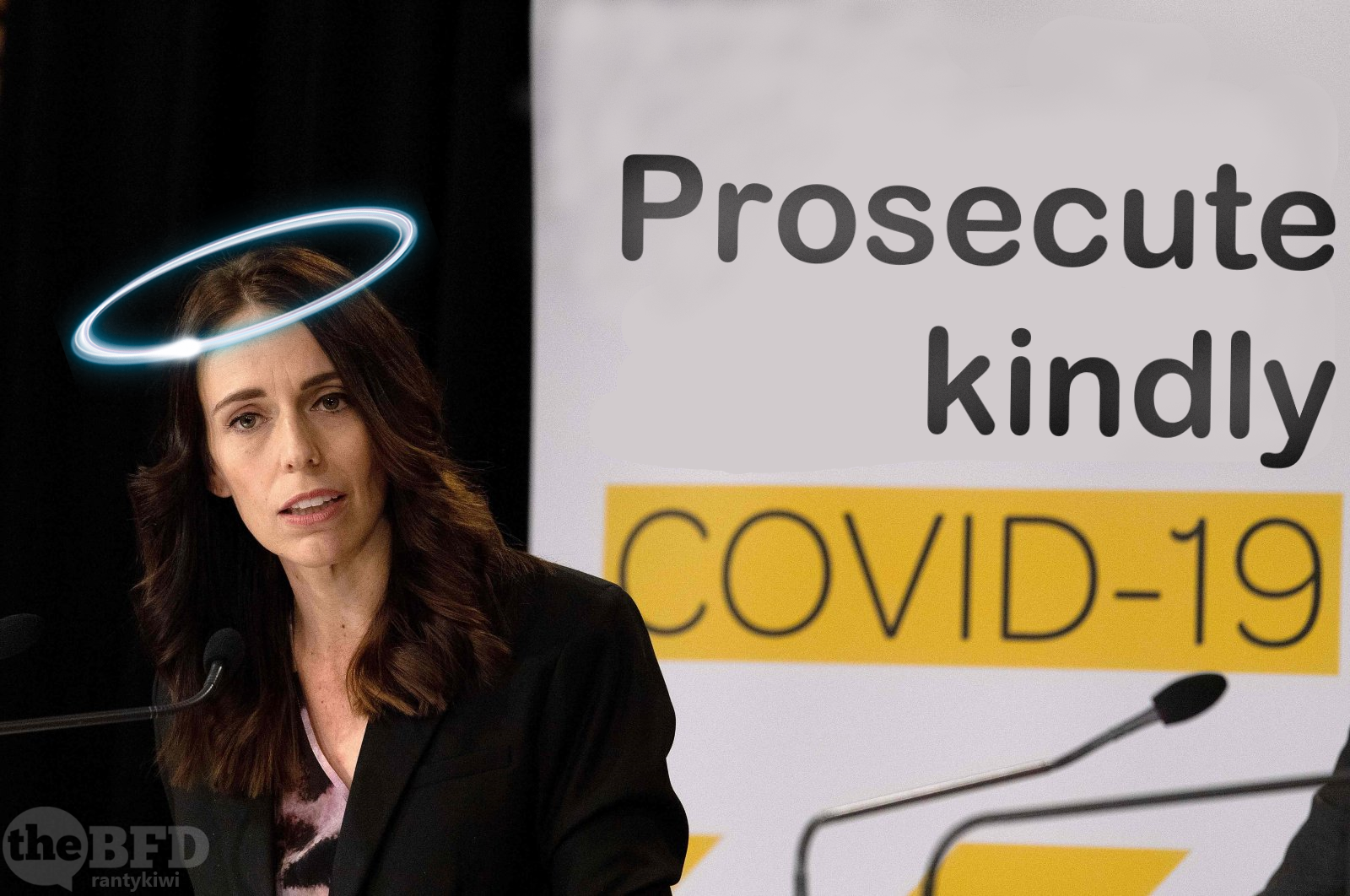“Do you remember what happened to Flossy?”
“You shot him.”
“That’s right. It was the kindest thing to do after he’d been run over by that car.”
“By your car, Sir.”
“Yes, by my car. But that too was an act of mercy when you would remember that that dog had been set on him.”
“Your dog, Sir.”
Blackadder Goes Forth
“Be kind.” It’s the mantra of New Zealand’s witless prime minister, repeated at every opportunity. But what does it even mean? “Kindness” can mean a great many things to different people, some of which would appal other people.
In the field of religion, Buddhism elevates “kindness” to a principle tenet. Yet Buddhism also allows for “compassionate killing”, which has seen it invoked as a justification for brutal violence.
Beneath its beautiful and superficially moral surface, kindness, in its contemporary iteration, is surreptitiously ideological and smuggles into everyday life entirely new ideas of metaphysics, logic and epistemology, ones that have profoundly negative consequences for liberal democracy, freedom of speech and freedom of conscience.
Consider the following photo:

[It] is of workers — colleagues, in fact — who are being respectful, courteous, and, yes, kind to each other. The scene is Central Europe in the summer of 1944. Apart from the uniforms, nothing is unusual; the photos could have been taken at any off-site staff training session anywhere in the world. What most people who view the photos won’t know, though, is that the happy, collegiate staff were taking a break from murdering 600,000 Hungarian Jews in the Auschwitz-Birkenau concentration camp.
The planners and leaders of the Holocaust justified their actions as, in fact, an act of kindness. These are people who considered Jews as a malign curse worse than rats or bacilli — what could be “kinder”, then, than ridding the world of them? Himmler told his henchmen that their horrific campaign of mass murder was an act of “love”.
I use this analogy to explain that ideology overrides and distorts everyday behaviour and that ideas are more important as a guide to action in a political system than a simplistic call “to be kind”. The corollary is that getting the politics right is imperative to getting the morality and ethics right. Group morality — ideology, that is — is always based on a lie. Also, no political ideology has ever presented itself as anything but moral. The Nazis, in one of the great ironies of history, believed that what separated the Aryans from other races was their kindness to one another and to animals.
Today, we are beset with another ideology that, while not anywhere near as brutal (at least, not yet) as Nazism, also justifies itself as “kind”.
Underpinning the current notion of kindness is the contemporary moral and ethical system of Diversity, Equity and Inclusion (DEI), which has been introduced into almost every institution in Western liberal democracies. The HR department in your workplace, and workers’ rights legislation in your state or country, will almost certainly be infused with this ideology.
The problem, though, is that the politics of Diversity, Equity and Inclusion — wokeness, in other words — establishes a hierarchy of the saved and the dammed through the postmodern notion of identity.
And that’s where the violence always begins. Once you have established one group as the saintly oppressed, and the other as the venal oppressors, it’s a logical next step to counter-opppression — dubbed “equity” — and finally to violence. This was as true of the Communists as the Nazis or the Jihadists.
While kindness is the slogan, the Trojan Horse of the ideology is the triple strategy of equivocating speech with violence, subjectivism and the weaponising of mental health. It’s a tapestry of confusion where all the threads fit together.
Conflating speech with violence means that hurt feelings, rather than damaged bodies, are utilised as a weapon of the ‘oppressed’. Hurting someone’s feelings — subjectivism, in other words — is viewed as violence. This is important because liberal democracy, at its core, rejects violence […]
That this is nonsense needs to be stressed because the idea that all opinions are valid has become a constituent narrative of contemporary culture.
At the heart of this is the postmodern claim that there is no truth. The postmodernists reject even logic — as they must, given that their argument is blatantly illogical by virtue of its self-contradiction. We also see this idea at work in the governing of NZ’s ruling elite, that Maori “ways of knowing” are coeval with “Western” science.
When Siouxsie Wiles whipped up an online lynch mob against actual scientists who rejected such a nonsensical idea, her primary charge was that they had hurt someone’s feelings (notably, she actually never named any). Feelings are the stock-in-trade of the modern left. Indeed, a recent analysis showed overwhelmingly that the political left is driven by a need to feel intense emotional states.

The phenomenon runs parallel and in conjunction with the rise of Diversity, Equity and Inclusion. Feelings are now the gold standard of whether one is suffering from a mental health problem, not an imprudent lifestyle choice or any of the dreadful psychological conditions that make life a misery for people whose minds or brains are not working in a functional way.
The three strategies are equally important to the ideology, and they shift, twist, intertwine and turn depending on the situation. Put them all together and a comprehensive strategy exists to curtail freedom of speech, individual conscience and, inevitably, liberal democracy.
Quadrant Online
So, if you’re suddenly finding yourself being dubbed a “Nazi” for holding views that just a few years ago were mainstream left-leaning. If you’re wondering why people who preach “inclusion” and “safety” feel perfectly free to send pipe bombs to well-known women. If you’re wondering why obvious trash is supplanting Mozart, Shakespeare and Picasso, well, wonder no more.
It was the kindest thing to do.

